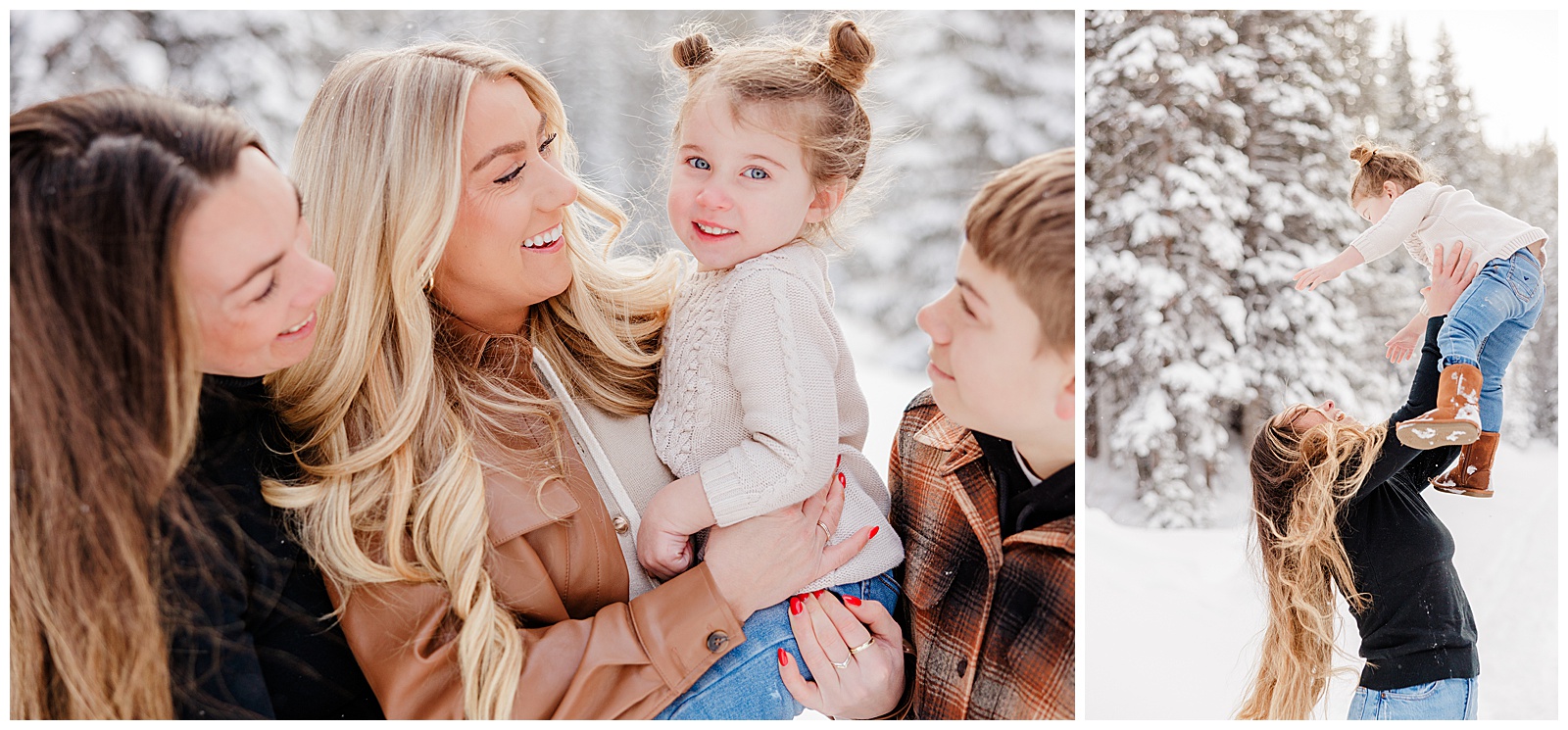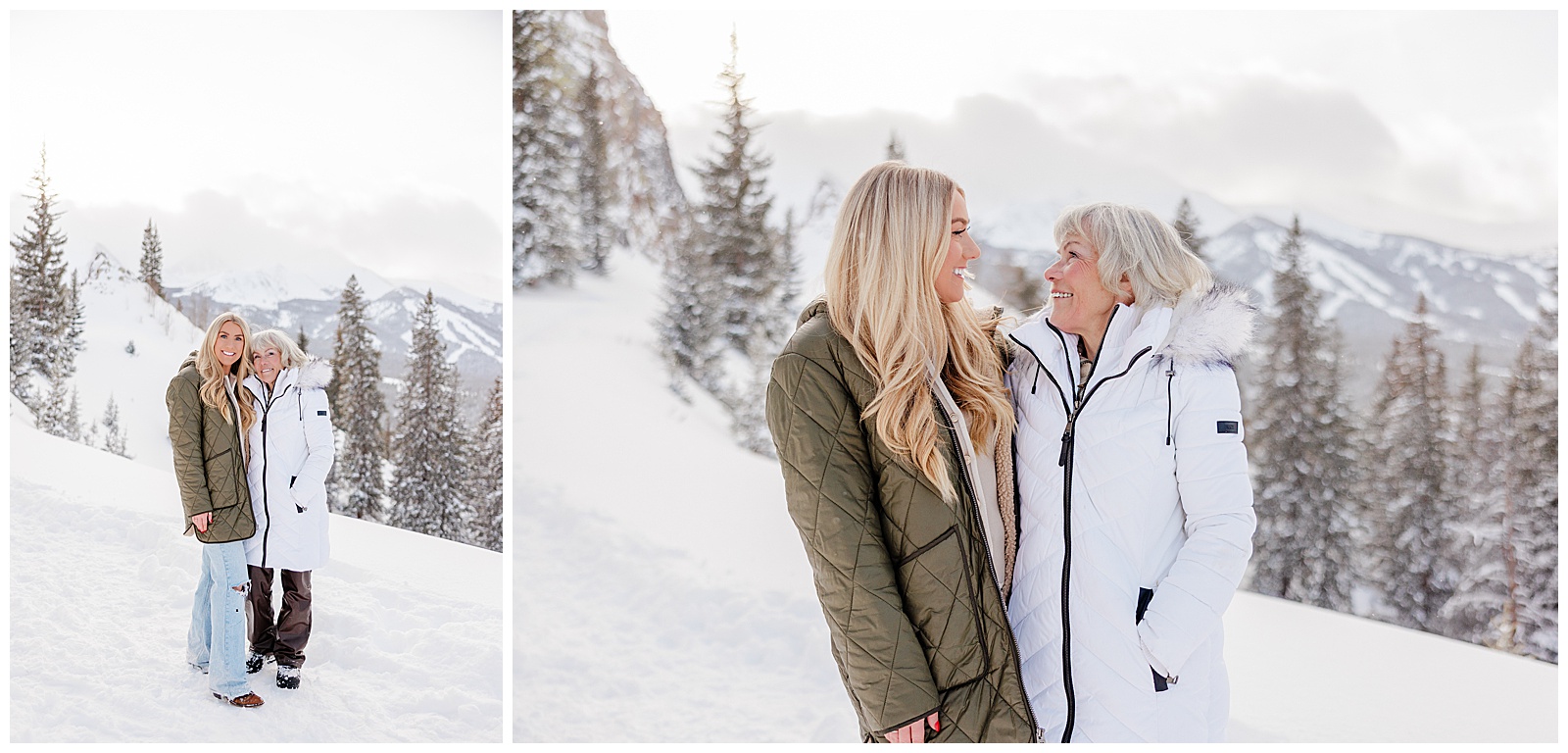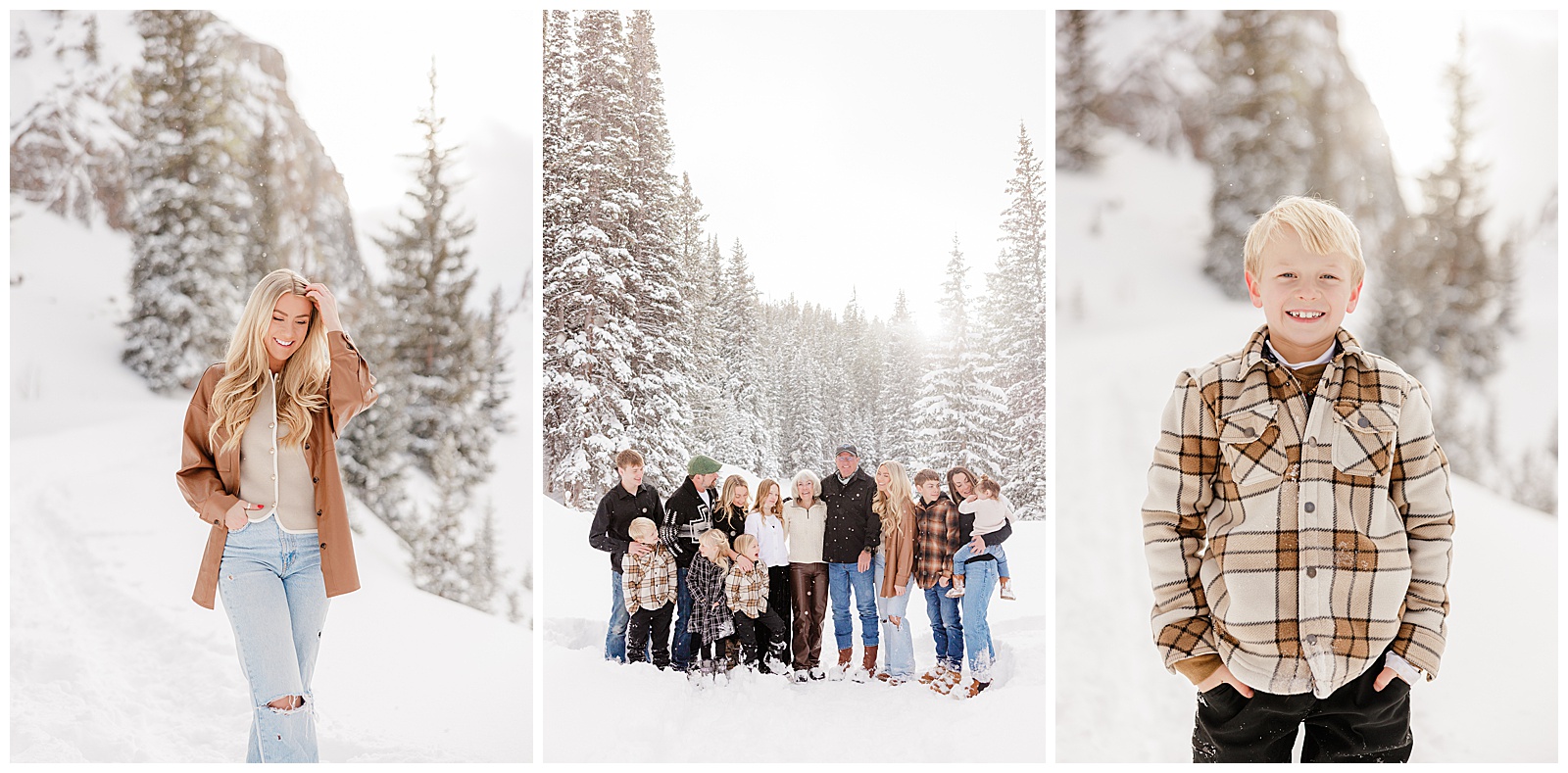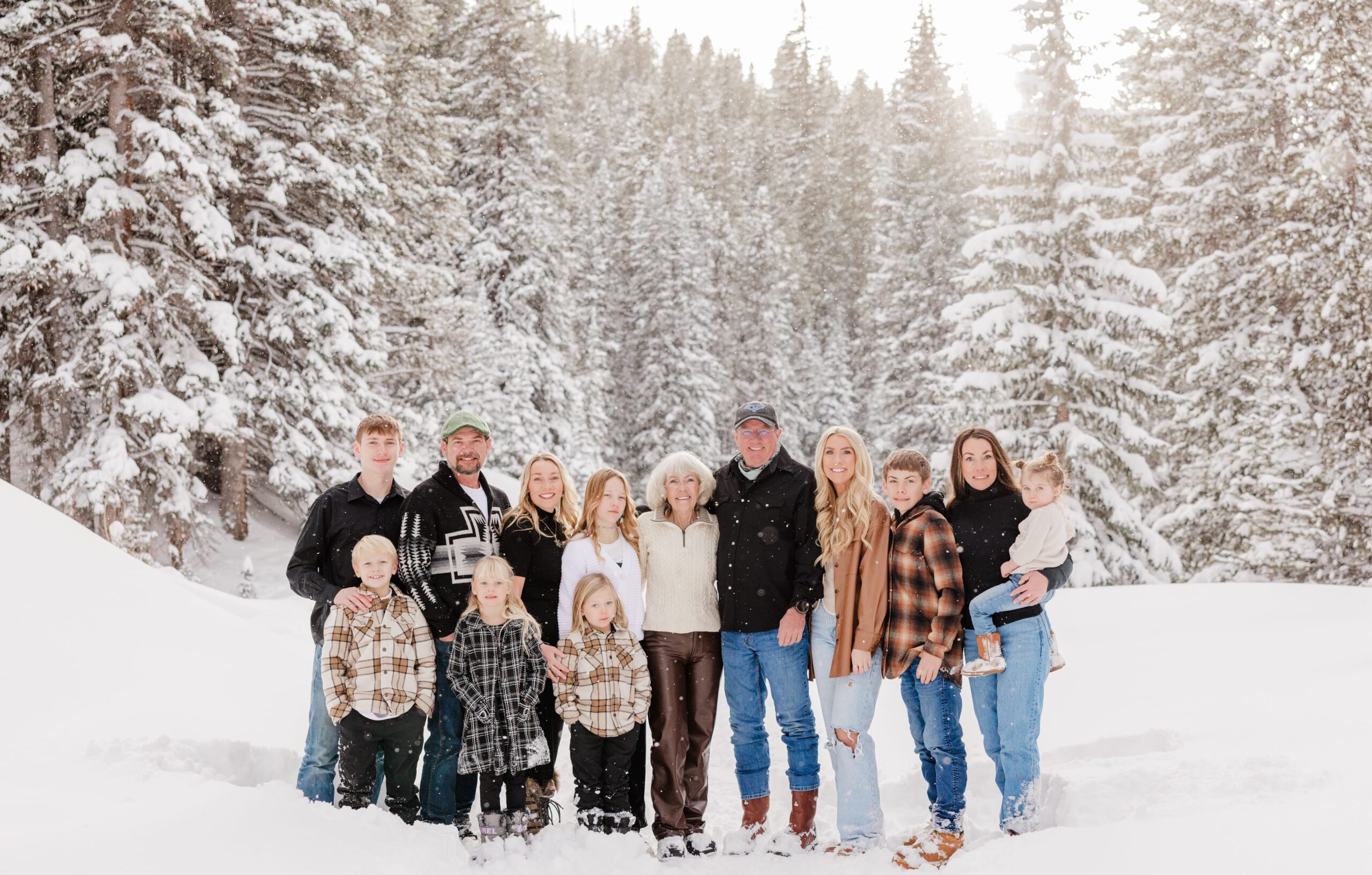Hi everyone! This ones a fun topic for me. I’m Rachel, a local family and couples photographer in Breckenridge, Colorado. However, when I’m not photographing amazing people, I work as an ICU and IV hydration nurse. The topic of altitude comes up daily in both jobs, so I’m sharing my best tips to help you feel your best and avoid altitude sickness while visiting Breckenridge. (Of course, this is based on my experience—if you have serious concerns, see a doctor!)
Enjoy Your Vacation and Avoid Altitude Sickness With These Helpful Tips
Breckenridge Colorado sits at 10,000ft with our highest local peaks topping out over 14,000ft. In other terms, if you live most other places in the country, Breckenridge is 2 miles higher than where you are coming from. When our bodies attempt to adjust to lower oxygen availability it can result in unwanted symptoms like headache, nausea, dizziness, shortness of breathe and fatigue. Likely, you’re coming here to enjoy activities like skiing, hiking, or biking so here are my best tips to help you acclimate and make the most of your trip!

Before You Arrive: Prepare In Advance
Before you’re even in the state prepare ahead of time with these couple tips!
Talk to Your Doctor – There are prescription medications, like Diamox (acetazolamide), that may help with altitude acclimation. Ask your doctor if this is a good option for you!
Get a Pulse Oximeter – Purchase your own pulse ox and have it with you when you come to town. This way, you can monitor your oxygen levels and have an idea if you’re doing well or many need some supplemental oxygen. There’s several different kinds but you can find ones like this that work great.
Pre-hydrate – In the days before your trip, make sure you’re nice and hydrated so that you’re not starting your trip in a deficit!
Avoid a Rapid Ascent – If you are coming from sea level, flying into Denver and then driving to Breckenridge, that means you could ascend 10,000 feet in just a few hours. Consider spending your first night in Denver or even making some stops on the drive up to make your adjustment time longer.

Once You’re Here: Adjust & Treat
Hydrate, Hydrate, Hydrate – Your body has a harder time absorbing fluids at altitude and won’t always benefit from plain water. Adding electrolytes like Liquid IV (or Skratch is my favorite!) with sodium helps keep your body hang on to that fluid and stay properly hydrated.
Limit Alcohol – A single drink up here can feel like three at sea level! Alcohol also dehydrates you faster, so drink less than usual and hydrate between drinks.
IV Therapy – You can get IV hydration when you first get into town to stay ahead of the game or to help you get quick relief of symptoms when you’re already feeling the affects. Elite IV has a great location right on Main Street in Breckenridge. Rocky Mountain IV is a similar option that is entirely mobile and will come right to you. These options are staffed by health care professionals and can provide medications as well to combat headaches and nausea.
Use Supplemental Oxygen – Oxygen concentrators can be delivered right to your rental or hotel and are another resource to help you feel your best! Sleeping with extra oxygen or using it while lounging around can make a big difference in how you feel. Colorado Mountain Oxygen is my favorite local business for this!

Seek Additional Help
If you’re still feeling awful despite trying these tips, it might be something more serious—like High Altitude Pulmonary Edema (HAPE), which won’t improve without medical attention. If you can’t catch your breath or your symptoms are worsening, visit one of these local healthcare providers:
–St Anthony Summit Emergency Room
I hope these tips help you and your family enjoy moment of your Breckenridge vacation without altitude sickness holding you back!
These tips will hopefully keep you hydrated, energized, and feeling great to be able to fully enjoy all the activities you have planned for your mountain vacation!
Let’s chat if you want to capture some of these moments while you’re here! As a Breckenridge family and couples photographer, I’m ready to capture your family memories, your love story, and all adventurous moments in between! Contact me today to find out more!
While you’re here, don’t forget to check out more blog posts and helpful tips below!
